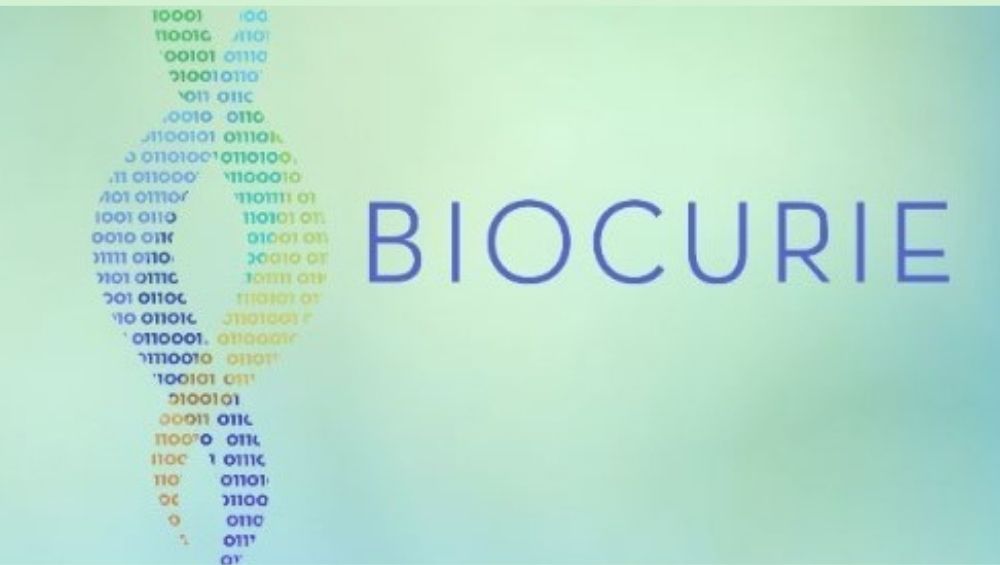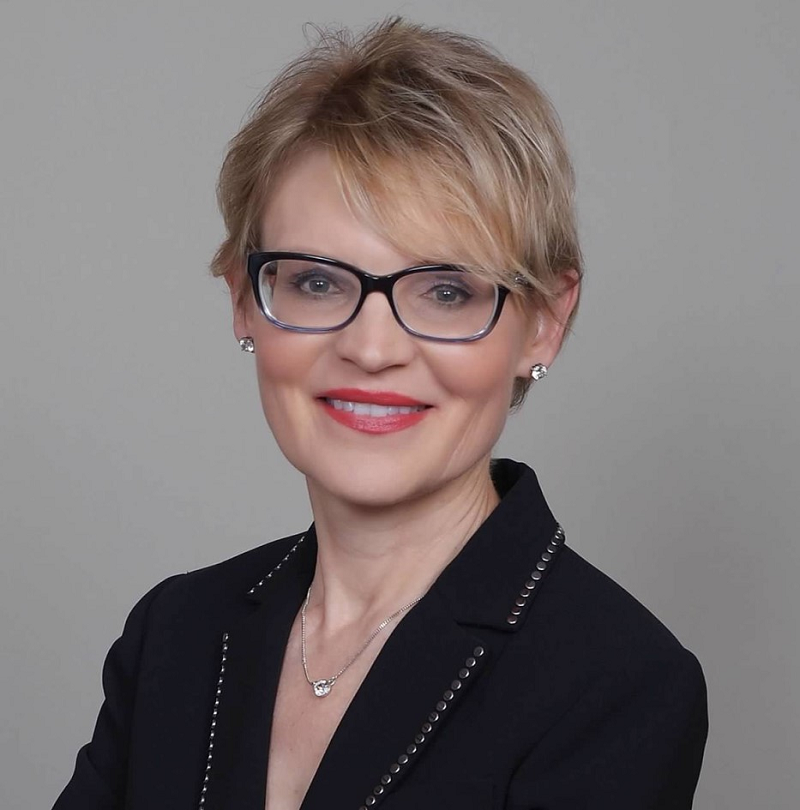Biocurie Aims to Help Biopharmaceutical Companies Get Ingredient Combinations ‘Right The First Time’

Software Startup Finds Delaware Ideal Location for Innovative Business to Thrive
Each year, prior to March Madness or the Super Bowl, data-analytics companies run thousands of simulations and predict which team is most likely to win. Imagine facing a complex business decision where the wrong choice could cost you millions and being able to do something similar with thousands if not millions of data simulations and identify the best option based on that data.
BioCurie, a Wilmington, Delaware-based software startup, is offering biopharmaceutical companies that spend hundreds of millions of dollars and several years developing each cell and gene therapy the ability to “get it right the first time.”
“There are so many variables between ingredients, the order you put them in and the equipment settings. If you tried every permutation, it would be a total crapshoot,” says BioCurie co-founder Irene Rombel, Ph.D., MBA. “You’d never be able to do all the experiments needed to get the optimal solution.”
Rombel says BioCurie’s software “can predict the best process for manufacturing a cell and gene therapy, the ideal recipe for making high-quality product most efficiently and most cost-effectively every time. The bottom of the ‘knowledge pyramid’ is all trial-and-error machine learning where you put in data and it crunches. But when you try to apply that approach to biological problems, inevitably those models underperform because the biology is so nuanced and complex.”
BioCurie was founded in May 2021 by Rombel, a life science industry veteran whose experience spans academia, investing, consulting and the biopharma industry. Co-founder Richard Braatz, Ph.D., a professor at the Massachusetts Institute of Technology (MIT), is a world leader in AI, data analytics and modeling for process development and biomanufacturing. They were joined by an impressive advisory board that includes CompassRed founder Patrick Callahan.
Rombel and Braatz had a chance meeting at a National Institute for Innovation in Manufacturing (NIIMBL) conference in July 2021. After a visit to MIT to investigate further, Rombel called Callahan to tell him Braatz was the perfect person to help transform the paradigm of development and manufacturing from an inefficient, labor-intensive and unpredictable state to a data-driven, intelligent and robust state that will enable faster, less costly delivery of safe and effective gene and cell therapies.
“I was involved early on with Irene and think the problem she is focused on is spot-on, transformable and has real potential to change the trajectory of the manufacturing of cell and gene therapies,” says Callahan. “Using the advances in AI on this problem is largely ignored and believe it has huge potential.”

According to Rombel, companies often must wait two or more years to get a slot at a manufacturer.
“Which is ridiculous because patients and shareholders are waiting,” she says. “And every time you have a batch failure or you miss, it’s millions of dollars and several months down the drain. Literally. Our software helps companies de-risk both from a regulatory standpoint and an execution standpoint.”
BioCurie, Rombel says, has created a “scalable model factory” that will use the cloud (SaaS) to send out its optimum “recipes” to client sites all over the world so they can faithfully reproduce the process from Site A to Site B. This will allow BioCurie to provide continuous innovation.
“You want to be able to figure out how to make these life-saving safely, swiftly and at an acceptable cost of goods,” Rombel says. “Figuring out the recipe for a cell and gene therapy is called ‘development.’ Once you have that recipe figured out, actually producing it is called ‘biomanufacturing.’ Our software addresses both parts of that value chain. The status quo today is empirical brute force – basically hit or miss with a lot of misses. And we’re the only company focused on the development and manufacturing part of the equation.”
Rombel said she founded BioCurie in Delaware because Delaware’s business-friendly environment and proximity to biopharma companies make it an ideal place for innovative businesses to thrive.
“We have NIIMBL here,” she says. “North of us in Philadelphia, we have ‘Cellicon Valley’ and the Greater Philadelphia region with all the cell and gene therapy companies. We’ve got all the big pharma just north in New Jersey. The contract manufacturers in cell and gene therapy are in Maryland. We also collaborate with the University of Delaware through one of its grant programs.”
Rombel is a Delaware resident with 20-plus years of relevant experience spanning big pharma (Janssen Pharmaceuticals, J&J), biotech (Spark Therapeutics, a gene therapy leader), consulting (founded Biomedical Intelligence, a life science consulting company), investing (public and private equities) and academia (focused on gene regulation). She’s a first-generation New Zealander, the daughter of Polish immigrants. When Poland was invaded in 1939, her father’s family was shipped off in a cattle car to a Siberian prison camp before they were taken in as refugees by New Zealand.
Evidence of the importance her parents placed on education can be found on two bookshelves of encyclopedias in her home office. Her parents bought them for her when she was 12, even though they were a working-class family and did not even own a car. Around the same time, she was inspired by the Polish Nobel laureate, Marie Curie, to pursue her passion for science.
Since then, she has earned a doctorate in biochemistry and completed stints as a post-doctoral research fellow at the University of California, Berkeley, and UC Davis. She also earned an MBA from Southern Methodist University while serving as a faculty member at the University of Texas Southwestern Medical Center.
Innovative Biopharma Companies Excel in Delaware
BioCurie has four customer targets for its “new product category”: biopharma companies, contract development and manufacturing, hospitals and academic institutions. Rombel believes “validation through partnerships” will help BioCurie acquire venture capital funding.
“We’ve also applied for an EDGE grant from the State,” she says. “That would be a great win because it would show that Delaware values us and our presence here.”
CompassRed’s Callahan says having a woman-led science and technology success that could grow this industry from the ground would be transformative for Delaware’s innovation community.
“As someone who’s been an entrepreneur in Delaware for most of my life, I would love to see her succeed here as I have,” Callahan says. “With NIIMBL here, there could be a great story that develops that reminds me of the very beginning days of DuPont, Gore and all the other leaders that believed and succeeded.”
Newsletter Sign Up
Stay Up To Date With Delaware